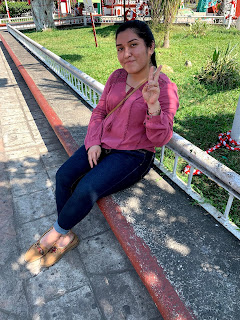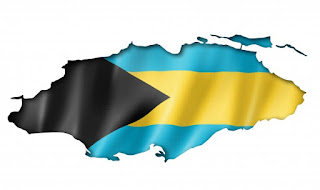History and Politics of Guyana
 |
| British Commonwealth Flag |
The History of Guyana
As far as history goes, the early settlers of Guyana are the Arawak and the Carib up until the Spanish discover the country. According to the Guyana Profile-Timeline, Christopher Columbus sails upon Guyana. Around this time, exploration and voyages were huge on the three G's- God, Gold, and Glory. Columbus was in search of the 3 G's but found nothing in Guyana so he decides to move on and give the country back. Then in 1580, the Dutch find a trading post upriver and name it Essequibo. During the Dutch colonial period, the Dutch would trade goods for slaves in Africa and indentured servants from India to work on sugarcane plantations. Then, uprisings from slaves take place in neighboring countries and in Guyana so the French and the British come to manage the uprisings. After that takes place, the French Revolutionary war occurs where Napoleon takes over the Netherlands and makes a deal with Britain over taking over Guyana and other countries in 1814. In 1831, Guyana became know as British Guiana. Now, it is called Guyana. During the British rule, slave trade was abolished in 1803 and in 1838 a full emancipation took place.
Independence of Guyana
The British Guiana had many ups and downs politically. The first set of government was formed by the People's Progressive Party which was led by Cheddi Jagan. Unfortunately, Jagan's form of government was too pro-communist that the British got rid of it. Then, a new party formed called the People's National Congress. The British government led an election in December 1964. Two years later, British Guiana officially became Guyana. Guyana gained its independence in May 26,1966 and in 1970 Guyana also became a republic within the British Commonwealth. In Guyana, one was to be at least 18 years to vote and there are two main political parties- the People's Progressive Part (PPP) and the People's National Congress (PNC).
Sources
“Discover the Rich History, Language and Culture of Guyana.” World Travel Guide, 26 May 2019, www.worldtravelguide.net/guides/south-america/guyana/history-language-culture/.
“Guyana Profile - Timeline.” BBC News, BBC, 11 Feb. 2019, www.bbc.com/news/world-latin-america-19546913.
“History of Guyana.” Encyclopædia Britannica, Encyclopædia Britannica, Inc., www.britannica.com/place/Guyana/History#ref285424.
“Political Parties in Guyana: People's National Congress - Reform.” Political Parties in Guyana | People's National Congress - Reform, caribbeanelections.com/knowledge/parties/gy_parties/pncr.asp.





Hello Nalleli ! I would like to start off by mentioning that your blogs look amazing! The format and layout of your blogs are very neat and visually pleasing. It is apparent that you put great effort into your research and provide as much information and images as needed! I have heard great things about Guyana, and it I'm glad that I can read more about it through you. It seems like you provided information such as: some background information, the early history, and its journey to earning independence.You also made sure to format all your sources in MLA format. I admire your dedication!
ReplyDelete